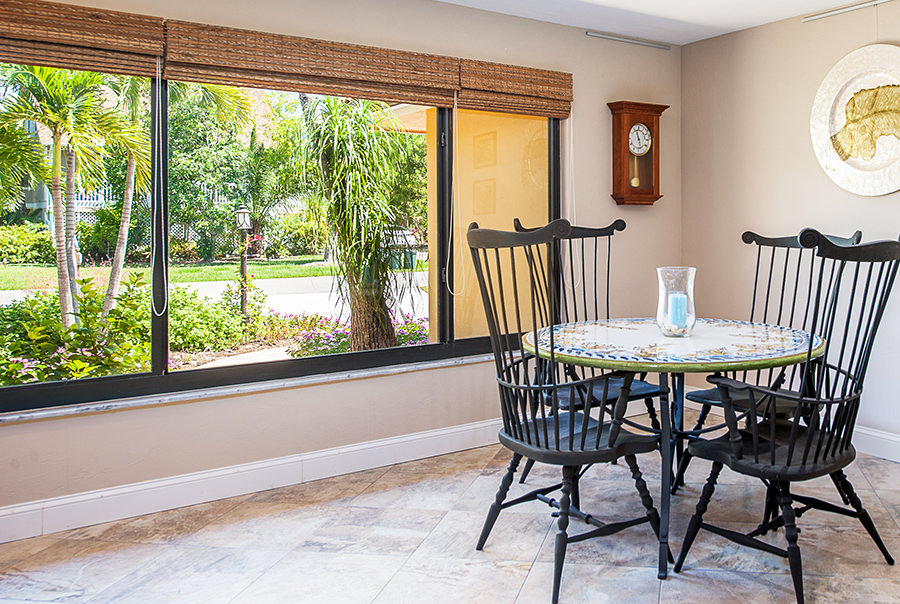Did you know you may need a number of reports to identify potential pitfalls before closing on a home? When you have a home under contract, you often have negotiated an inspection period where you may hire various professionals to come out and inspect the home.
In fact there are ten different reports that may be conducted, not all of which are required, but most are suggested. That’s why it is important to schedule your inspections right away, so that you have enough time to receive all the information you need before moving forward in the contract period.
10 Different Pre-Purchase Home Reports
1.) General Inspection – This inspector tests almost every aspect of the home from appliances, to water pressure, the HVAC system, and electrical systems. The inspector will look for any structural or cosmetic damage, any cracks in the pool or deck, as well as leaks or moisture inside home.
2.) Termite Inspection – This inspector looks for any sort of wood destroying organisms such as termites (live or previous), and also includes information on wood rot that can stem from fungus or another source of wood decay.
3.) Mold Test – This test obtains a sample of the air quality inside the home, and compares it to an air quality sample from outside to determine if there are elevated mold and moisture levels inside the home.
4.) Radon Test – Radon gas is not common here on the islands, and therefore, the test is rarely conducted during the inspection period. But, a buyer is more than welcome to have an inspector come out to run a radon test on the home.
5.) Pool Inspection – While the general inspector will check for any sign of visible cracks in the pool, a thorough pool inspection can determine if there are any leaks or instabilities in the pool system. We suggest this for home’s with older pools, that have not been inspected or resurfaced in awhile.
6.) Four-Point Inspection – You guessed it, the four-point inspection checks four specific components of the home: the roof, the plumbing, the heating system, and the electrical system. This inspection is needed for insurance purposes and requires a separate report from the general inspection.
7.) Wind Mitigation – Also needed for insurance is a wind mitigation report, which covers all openings in the home, including windows, doors, garage doors, the roof, etc. It also covers the building codes, to make sure the home is in compliance.
8.) Elevation Certificate – Continuing along the path of insurance documentation, an elevation certificate is required for flood insurance purposes. This report shows the exact elevation of your home above sea level, and is conducted by a surveyor.
9.) Property Survey – Property surveys are not necessarily required, but recommended so that you are aware of your property boundary lines. You WILL need a survey if you are intending on adding a pool, a fence, or any other addition to the home. Adding a pool will also require speaking with the Sanibel Building Department, which we can help you navigate.
10.) Open Permits – We check with the City of Sanibel’s Building Department to make sure there are no building permits that are “open” in their records. If a permit was pulled and never closed, the seller will need to have the contractor come back to inspect the work and formally close the permit with the City.
This is a lot of information, I know. Remember, not every situation requires all of these inspections. In some cases the current homeowner’s already have some of these documents, such as a survey and elevation certificate. Condo associations tend to have most of the insurance documents needed too.
Don’t worry, we help you every step of the way! From recommendations of inspection companies to interview, to attending the inspections for you, we are here to make the inspection period less stressful for everyone.


